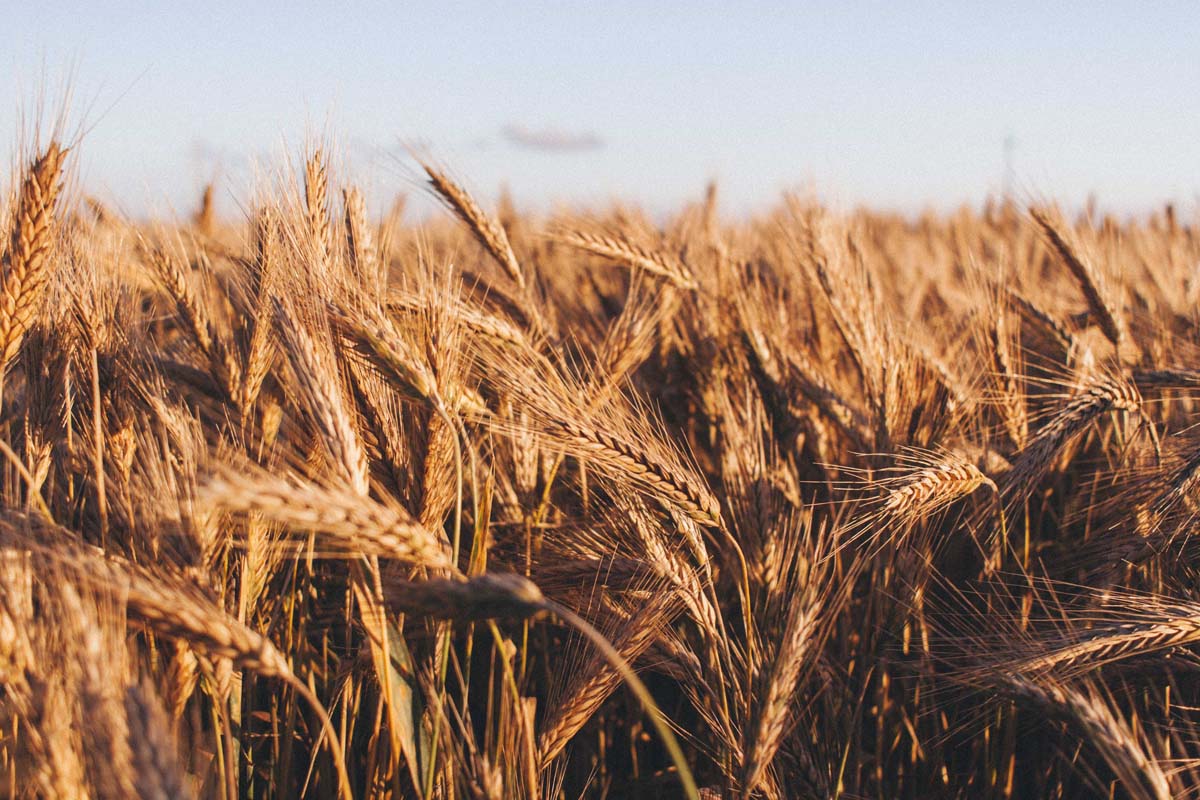
403
Sorry!!
Error! We're sorry, but the page you were looking for doesn't exist.
Egypt adjusts wheat self-sufficiency target amid agricultural export diversification plans
(MENAFN) The Egyptian government has adjusted its wheat self-sufficiency target for the current fiscal year, focusing on expanding cultivated areas in line with its strategy to diversify agricultural exports, according to a cabinet report. The new self-sufficiency target of 51 percent for the fiscal year ending next June shows a slight increase from last year but falls short of the previously announced goal of 65 percent by 2025. Egypt, one of the world’s largest wheat importers, continues to navigate the balance between domestic production and importation.
In May, President Abdel Fattah el-Sisi stated that Egypt does not need to grow more wheat domestically. Instead, he suggested that the country could utilize farmland to cultivate other crops suitable for export, subsequently using a portion of the revenue to import wheat. This approach aligns with the government's broader agricultural strategy to optimize land use and boost export revenues. Currently, the government procures wheat from both international and local markets to provide subsidized bread for tens of millions of Egyptians.
The cabinet report highlighted that Egypt's wheat production now meets 49 percent of local demand, an increase from 45 percent in 2020. This modest improvement reflects ongoing efforts to enhance domestic production amidst economic challenges, including a foreign currency shortage. This shortage has eased somewhat following a USD35 billion agreement with the UAE in February to develop a Mediterranean coastal area and other projects, supplemented by an USD8 billion loan agreement with the International Monetary Fund and additional financing deals with international institutions.
Looking ahead, Egypt aims to produce enough wheat to cover 56 percent of domestic demand by 2030, cultivating an area of 12 million acres. The government also plans to increase maize self-sufficiency to 67 percent by 2030, up from the current 46 percent. These targets are part of Egypt's broader efforts to strengthen its agricultural sector and reduce dependency on imports.
In May, President Abdel Fattah el-Sisi stated that Egypt does not need to grow more wheat domestically. Instead, he suggested that the country could utilize farmland to cultivate other crops suitable for export, subsequently using a portion of the revenue to import wheat. This approach aligns with the government's broader agricultural strategy to optimize land use and boost export revenues. Currently, the government procures wheat from both international and local markets to provide subsidized bread for tens of millions of Egyptians.
The cabinet report highlighted that Egypt's wheat production now meets 49 percent of local demand, an increase from 45 percent in 2020. This modest improvement reflects ongoing efforts to enhance domestic production amidst economic challenges, including a foreign currency shortage. This shortage has eased somewhat following a USD35 billion agreement with the UAE in February to develop a Mediterranean coastal area and other projects, supplemented by an USD8 billion loan agreement with the International Monetary Fund and additional financing deals with international institutions.
Looking ahead, Egypt aims to produce enough wheat to cover 56 percent of domestic demand by 2030, cultivating an area of 12 million acres. The government also plans to increase maize self-sufficiency to 67 percent by 2030, up from the current 46 percent. These targets are part of Egypt's broader efforts to strengthen its agricultural sector and reduce dependency on imports.

Legal Disclaimer:
MENAFN provides the
information “as is” without warranty of any kind. We do not accept
any responsibility or liability for the accuracy, content, images,
videos, licenses, completeness, legality, or reliability of the information
contained in this article. If you have any complaints or copyright
issues related to this article, kindly contact the provider above.


















Comments
No comment